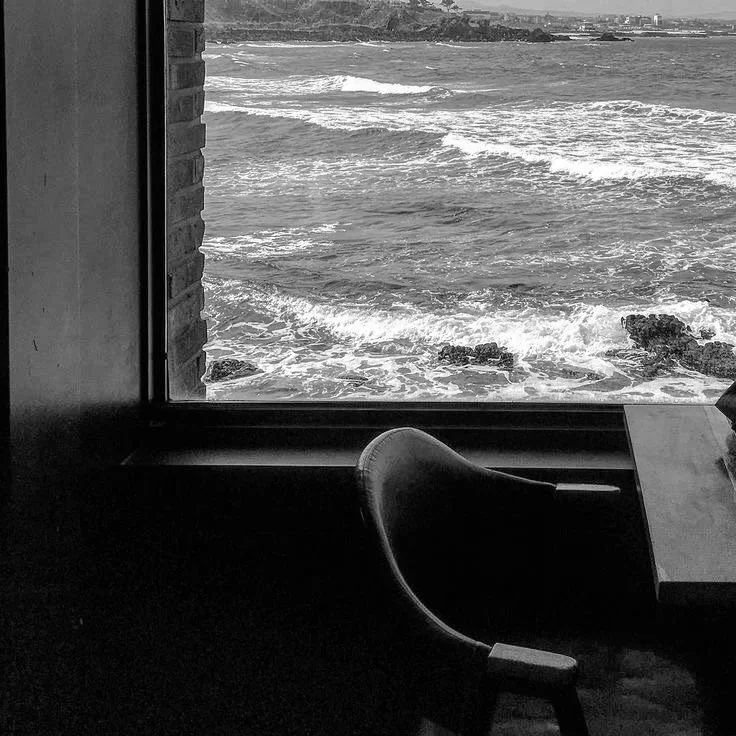“Ease Is Not The Same as Truth”
There’s a certain high in chasing what feels natural. The spark of recognition, the rush of ease, the quick affirmation when others notice what you do without effort. For a long time, I thought that was purpose. If it poured out of me easily, then surely it must be the path.
The healing arts felt that way. They mirrored my nature, my empathy, my listening ear, my ability to create calm in another person. I could nourish, soothe, and help someone feel lighter. And it was beautiful. But over time, I noticed that something was missing. For all the ease, I didn’t feel the kind of rooted accomplishment I longed for.
What surprised me was that this deeper sense of fulfillment came from a very different place: the kind of work I resisted. The traditional, structured roles I had once detested, the ones that demanded discipline, deadlines, and a different part of me than the healer. To my surprise, these became the spaces where I felt stretched, sharpened, and ultimately accomplished.
We live in a time when purpose is often framed as leaving structure behind, rejecting the traditional for the unconventional, chasing freedom over form. Sometimes the container we resist is the very one that refines us. Discipline, repetition, even resistance can become the very ground where meaning takes shape.
It unsettled me at first. I wanted to believe that what comes naturally is what we are meant for. Instead I’ve learned that ease is not the same as truth. Sometimes the work that challenges us, even the work we run from, holds the greater meaning. My own freedom coming from stepping into what I once avoided, not escaping it.
And while the ability to connect and nourish hasn’t disappeared, I can allow it to be the threading in all I do. I carry it into every space, whether in creating, leading, serving, or simply being.
There are seasons when the familiar path feels hollow, when what once carried us no longer carries the same weight. Sometimes the work we avoided begins to look different in the light of where we have been. It doesn’t announce itself with clarity, but with a quiet insistence that what challenges us may also be what holds us. The gifts that flow easily remain, but they weave themselves into something larger, something that asks more of us than instinct alone. Perhaps that is where meaning lingers: in the places that refine us slowly, where truth takes its time to be recognized.
And maybe we limit our natural gifts by insisting they must always be used in one direction. How often do we hear, “You’re sitting on talent,” as though every gift must be displayed, turned into a career, or measured by its output? What if that isn’t always true? What if some abilities are meant to be sat with, not showcased? To shape how we move through the world quietly, not publicly. Perhaps the purpose of certain gifts is not to be seen, but to be lived, to infuse everything we touch even when no one can name it.
Ease will come and go. But truth stays. And that is what we are called to work for.
